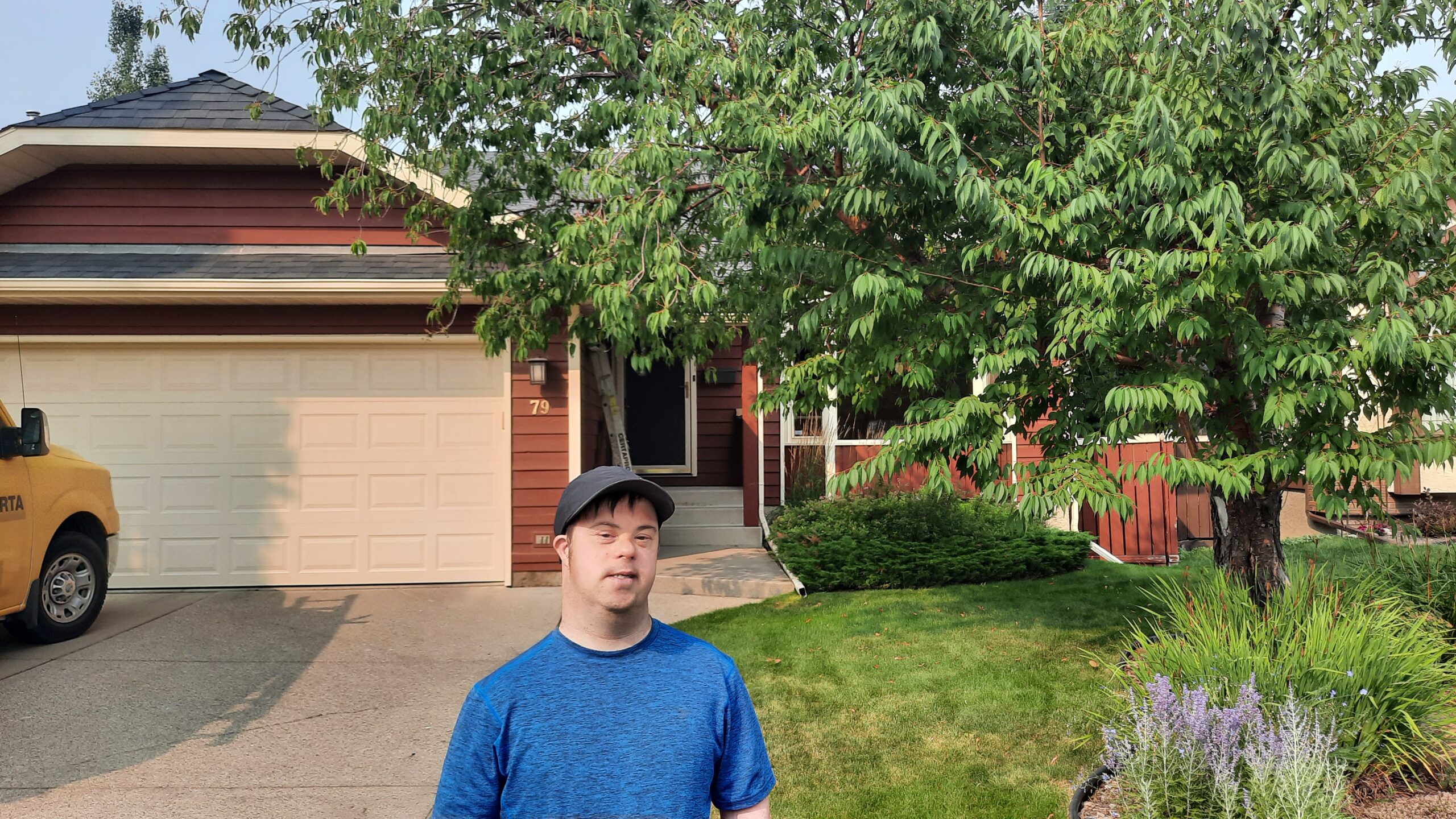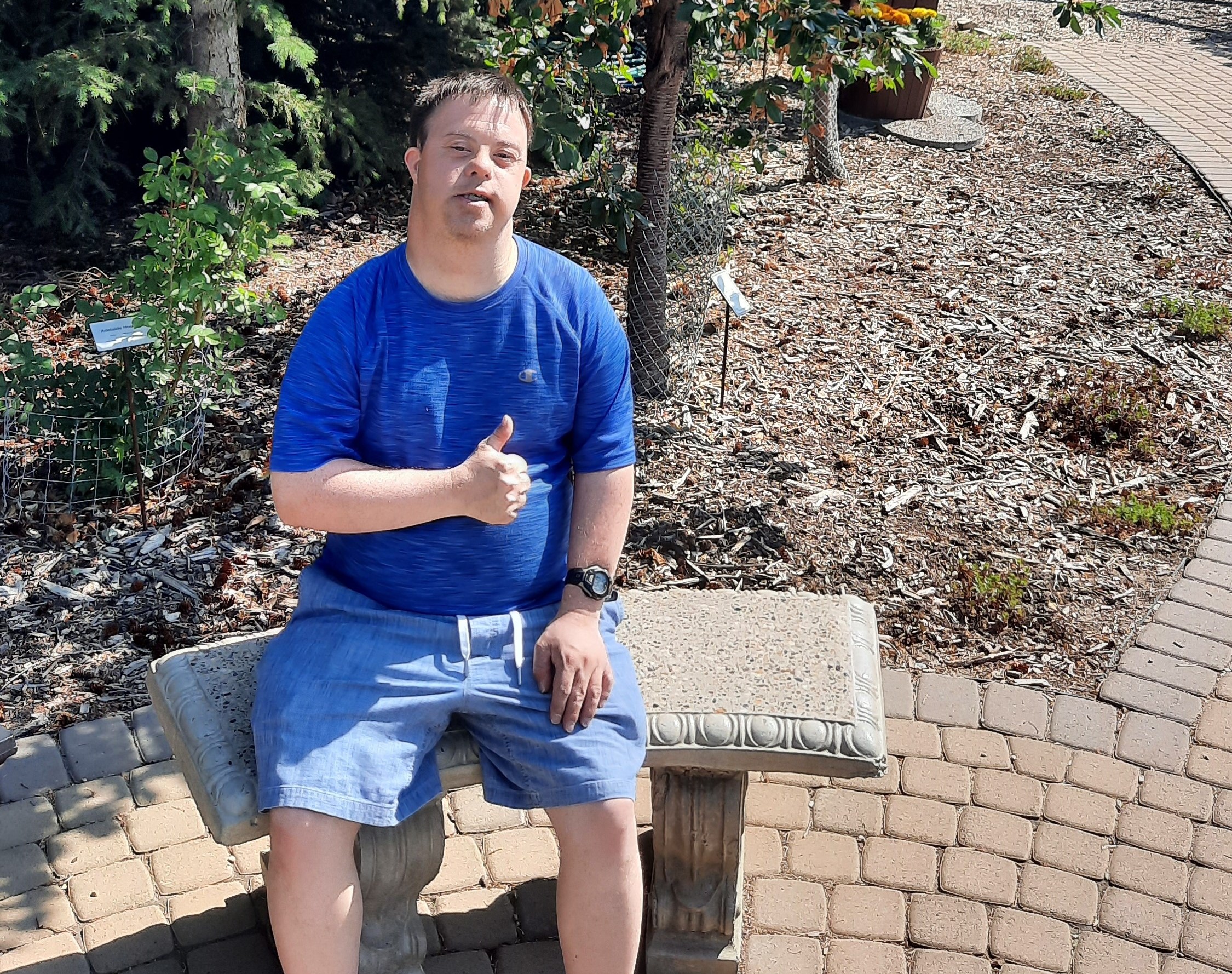Hey everyone, my name is Paul Sawka. I am the Awareness Leader for CDSS. I have been thinking and writing a lot about feelings and changes lately. I really wanted to share these thoughts with the world, so I would like to invite you to read my new blog series about my own emotions and changes as I get older.
Changes: Exploring Emotions and Aging
Making My Own Decisions
It makes me feel so very good to choose things for myself. As adults, people with Down syndrome need to choose what it is they want to have or need to have. Parents need to learn how to let go of their children as they become young adults so that they can make their own choices.
There is not anyone who can make choices or decide for me at all because those are my decisions and not theirs. People sometimes want to make decisions for me and that is something very wrong. It makes me feel like people don’t trust me or believe in me, and that is so unfair to me.
Preparing for a Job
You need to know lots of things to make good decisions. Before I got a job, I learned about jobs at Columbia College and I saw how people get hired by having an interview and how to behave when you are at work. You don’t want to be late or to be early but on time for the job.
There were many steps that I took to prepare for work, like learning about my jobs and the things that I do there. At the local café where I work, Friends, I learned to peel so many things and to help with baking. I make sure to have all of the things put out, to clean things if needed, to keep things fully ready for every week, and to make sure to get my tips money as well.

Moving Out
It was also my choice to move into my new condo. I asked if I could move out and my loving parents supported me. I had to go to a realtor in order to choose a place to live in and to look at a floor plan and make a decision about moving out. I did that with a lot of help from my family. Then my parents needed to buy the place and fully update everything for me. It was so great to have a very clean place of my own to live. I knew that there were other things that I needed to move like my furniture and all my own things: my sport bags, all of my clothes, suitcases, and everything that I needed. That was a very big part of the move.
Parents and their adult children can really work together to make decisions that are good for everyone.
What I would say to all parents of adults with Down syndrome who are having trouble letting go is to understand that their children have the right to grow up, to learn, and to be able to do things for themselves.

Life Skills
Parents can help to teach their children to be independent by asking them to do their own laundry, to clean up when they are done with meals by putting things in the dishwasher, and to know about recycling and putting out the garbage.
It’s also important to learn how to get plenty of food when you buy it from the store. Before I shop, my roommate and I need to have a meal plan. Then we can shop for all of the things that we will need, so that we can eat what’s on the meal plan. When I follow it well, I feel so good and very healthy.
Parents need to let their children go because when it comes to a certain time in life, young adults can learn from self-advocates like me. They can learn about Down syndrome and what I’ve done in my life and how it can benefit them. If they want to get a job or to live on their own, they can learn from me and others about how to have a full independent life.
Supported Decision Making Resources
- 3.21 Magazine – The Independence Issue – Canadian Down Syndrome Society and Down Syndrome Resource Foundation
- The Right to Decide – Community Living Ontario
- Supported Decision Making and Down Syndrome – Down Syndrome Australia
- Legal Capacity and Supported Decision Making – Down Syndrome International
- Supported Decision Making – UC Davis MIND Institute
